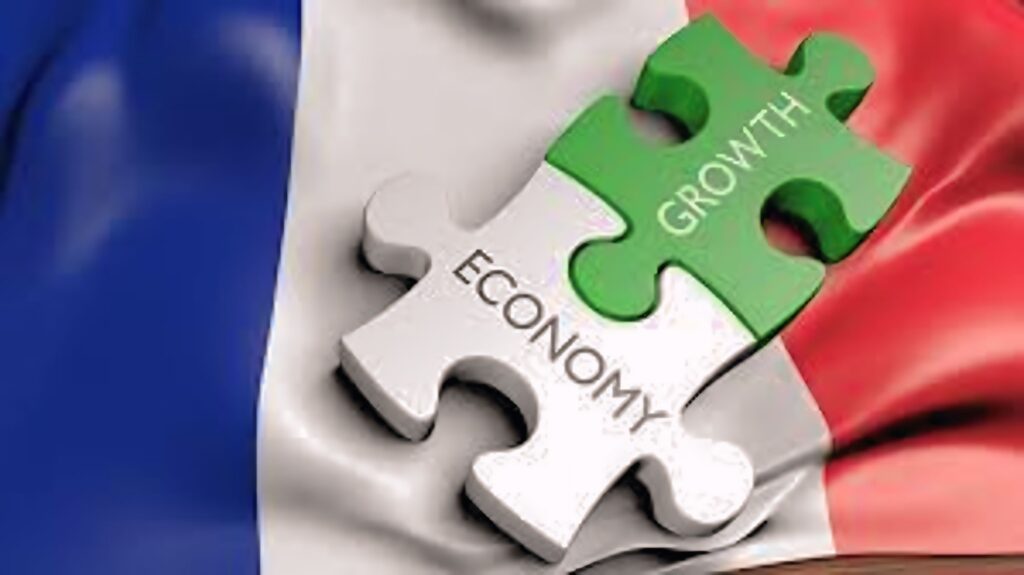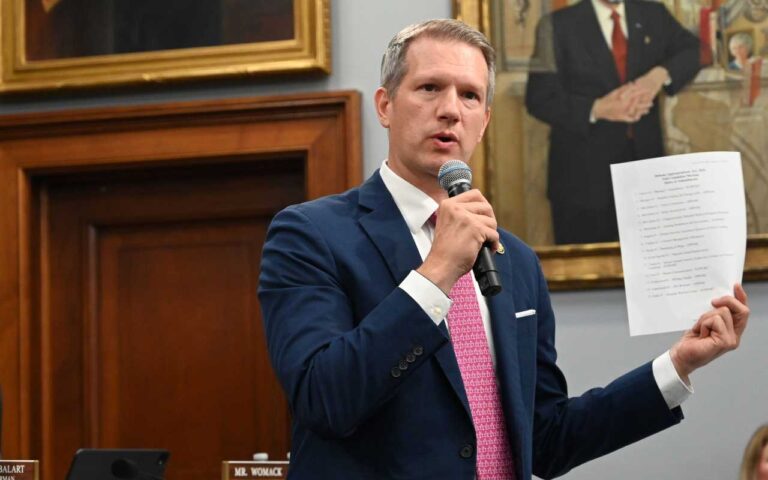
France, the second-largest economy in the European Union and the seventh-largest in the world, has a diverse and complex economic landscape. This article delves into the key aspects of France’s economy, including its structure, challenges, and future outlook.
The services sector is the backbone of the French economy, accounting for about 79% of GDP. It encompasses various industries, including tourism, finance, and healthcare.
Manufacturing is significant, contributing approximately 18% of GDP. France is known for its aerospace, automotive, and pharmaceutical industries. Although it represents only about 1.5% of GDP, France is the EU’s leading agricultural producer, known for wine, cheese, and various crops.
Home to major companies like Airbus and Dassault Aviation, France is a global leader in aerospace manufacturing.
Brands such as Louis Vuitton, Chanel, and Hermès highlight France’s dominance in the luxury market.
France relies heavily on nuclear energy, which accounts for around 70% of its electricity generation, making it one of the world’s largest producers of nuclear energy.
France has faced persistent unemployment issues, particularly among youth. The unemployment rate hovers around 7-8%, with efforts ongoing to improve job creation and vocational training.With public debt exceeding 100% of GDP, France’s fiscal health is a concern. Balancing public spending and debt reduction remains a priority for policymakers.
Economic growth has been sluggish in recent years, averaging around 1-2% annually. Factors such as global economic conditions, domestic reforms, and the COVID-19 pandemic have affected growth rates.The French economy is often criticized for its regulatory complexity. Business owners and entrepreneurs face challenges due to bureaucracy, which can hinder innovation and growth.
To address these challenges, the French government has implemented various reforms:
Adjustments to labor laws aim to make hiring and firing easier for businesses, thereby encouraging employment.
The government has initiated tax cuts for small and medium-sized enterprises (SMEs) to stimulate investment and economic activity.
France is investing in sustainable energy and environmental initiatives, focusing on reducing carbon emissions and transitioning to a greener economy.
France is making strides in digital innovation, with significant investments in technology and startups. The government’s push towards a digital economy aims to enhance productivity and competitiveness. As a key member of the European Union, France’s economy is closely tied to EU policies. Continued integration and collaboration can provide opportunities for growth, particularly in trade and investment. With a strong commitment to the Paris Agreement, France is focusing on sustainable development, which could drive new economic opportunities in green technologies and renewable energy sectors.
The economy of France is a dynamic blend of tradition and modernity, characterized by a robust services sector and strong industrial base. While facing challenges such as unemployment and public debt, government initiatives and a focus on innovation present a promising outlook for the future. As France navigates the complexities of the global economy, its ability to adapt and innovate will be key to maintaining its position as a leading economic power.



